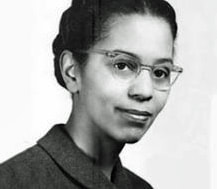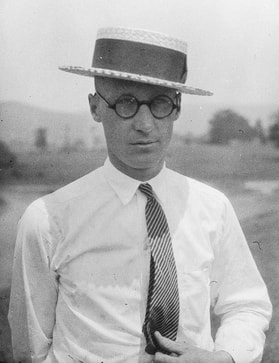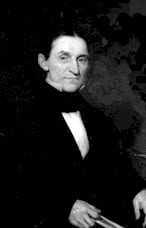
Willa Player, the youngest of three children, was born to Clarence C. and Beatrice (Day) Player in Jackson, Mississippi in 1909. Her family moved to Akron, Ohio, in 1917 when Player was eight years old, as part of the Great Migration in the first half of the 20th century of African Americans to northern and midwestern industrial cities for work and educational opportunities. Growing up in a religious family, Player was active with them in the Methodist church. As a teenager, she spent hours as a member of the youth choir, which aided her pathway to college. Player graduated from West High School in Akron and was accepted in 1925 to Ohio Wesleyan University, a Methodist university.
She was one of three African-American students admitted to the college that year. They were not allowed to live in the dorms on-campus, as it was thought special provisions needed to be made for them. Player graduated in 1929, along with her sister, musician Edith Player Brown. In 1930, Player earned a master's degree from Oberlin College.
In the fall of 1930 at the age of 21, Player was hired to teach Latin and French at Bennett College, a historically black, United Methodist-affiliated college located in Greensboro, North Carolina. Originally founded in 1873 as a coed normal school for training teachers, it had become a women's college in 1926.
After teaching at Bennett for a few years, Player took a leave of absence for postgraduate studies. She studied at the University of Grenoble in France, where she received a Certificat d'Études in 1935.
Player returned to Bennett College after studying in France. She was selected as Director of Admissions and also served as the Acting Dean. In 1937, freshman student Frances Jones, daughter of the college president, David Dallas Jones, led a civil rights action in Greensboro. Player and R. Nathaniel Dett advised the younger Jones as she led a boycott and protest of segregated movie theaters and racist portrayals in film offerings in downtown Greensboro.
Player left Bennett College to pursue her Ph.D., which she received from Columbia University in 1948. Years later, she did post-doctoral studies at the University of Chicago and the University of Wisconsin. After Player returned to Bennett, she was promoted to Coordinator of Instruction and, in 1952, to Vice-President of Bennett College. Jet reported that she was the first person of color to be offered the presidency of Spelman College in Atlanta that year, but chose to stay with Bennett. Its president was still David Dallas Jones.
From 1955 to 1966, Player served as president of the historically black college, during a period of heightened civil rights activism in the South. She supported Bennett students who took part in the lengthy sit-ins started by the Greensboro Four to achieve integration of lunch counters in downtown stores.
After leaving the Bennett presidency, Player was appointed in 1966 by President Lyndon B. Johnson as the first female Director of the Division of College Support in the United States Department of Health, Education and Welfare, serving until 1986.
She received several honorary doctorates during her career: Doctor of Laws, Ohio Wesleyan University (1953); Doctor of Laws, Lycoming College (1962); Doctor of Laws, Morehouse College (1963), Doctor of Laws, Albion College (1963); Doctor of Humane Letters, Keuka College (1967); Doctor of Humane Letter, University of North Carolina at Greensboro (1969); Doctor of Public Service, Prairie View A & M University (1971).
Dr. Player died in Greensboro on August 29, 2003, aged 93.


 RSS Feed
RSS Feed